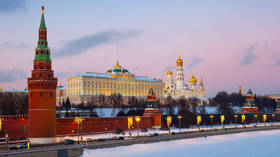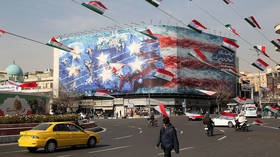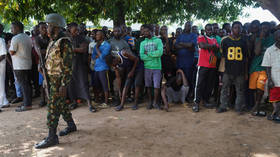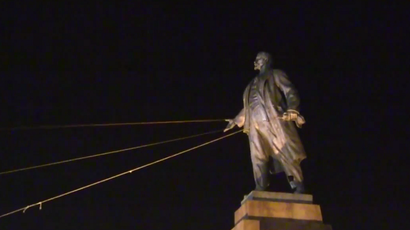Russian-speaking citizens 'deliberately targeted' in E. Ukraine - Moscow investigators
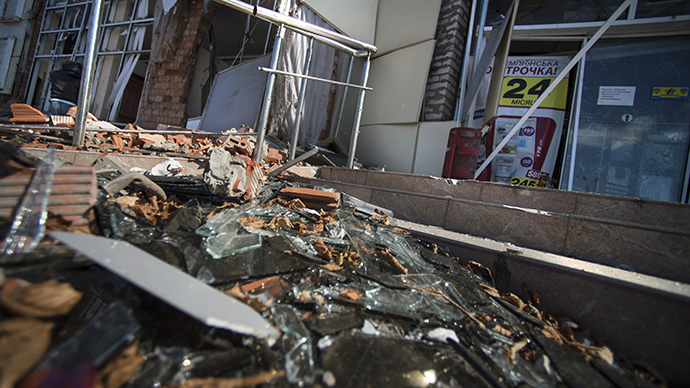
Russia’s Investigative Committee has launched a criminal case against Ukraine’s military and civilian leadership, accusing top officials of “genocide” against the Russian-speaking population in southeast Ukraine during this year’s conflict.
According to Russian investigators, “unidentified people from the country’s highest political and military leadership of Ukraine, the Armed Forces of Ukraine, the National Guard of Ukraine and Right Sector gave the orders aimed at the complete destruction of Russian-speaking citizens living on the territory of the self-proclaimed Donetsk and Lugansk republics."
As a result of those actions about 2,500 people died, said Vladimir Markin, spokesman for the Russian Investigative Committee.
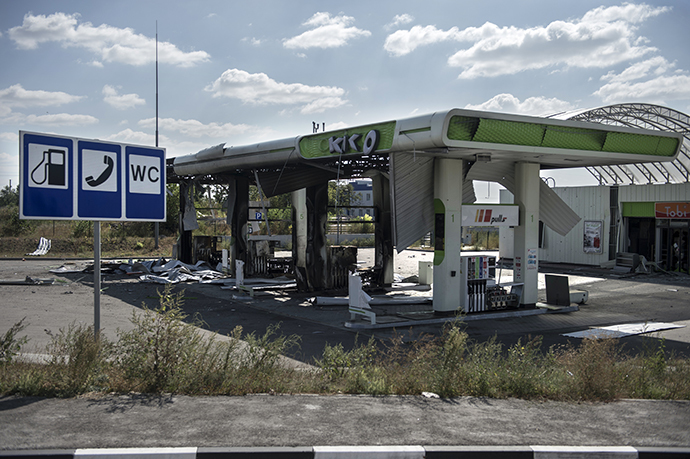
“The investigation has found that Russian-speaking citizens were killed during attacks with multiple launch rocket systems Grad and Uragan, aviation rockets, tactical missiles Tochka-U and other kinds of heavy offensive weapons,” he said.
A total more than 500 residential buildings as well as local social facilities, including hospitals and schools, were damaged since April 12, the Investigative Committee said.
It estimated that over 300,000 local residents have been forced to leave and seek asylum in Russia.
Ukraine’s southeastern regions historically have a Russian-speaking majority, many of whom have cultural and family ties with Russia.





